A legacy of respect: Jane Goodall and my work with whales
The importance of keeping empathy at the heart of science.
Dr. Vergara holds a BSc in Biology and a Masters in Behavioral Ecology, both from Trent University in Ontario, and a PhD in Zoology from the University of British Columbia. She is a Co-Director of Raincoast's Cetacean Conservation Research Program. More about Valeria.

The importance of keeping empathy at the heart of science.
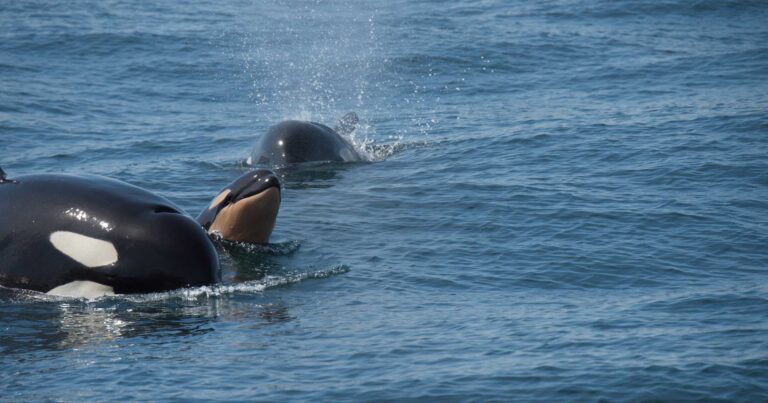
At 73 individuals, the southern resident killer whales’ decline since being listed as endangered two decades ago is unfolding in plain sight, despite mounting science on how to reverse it.
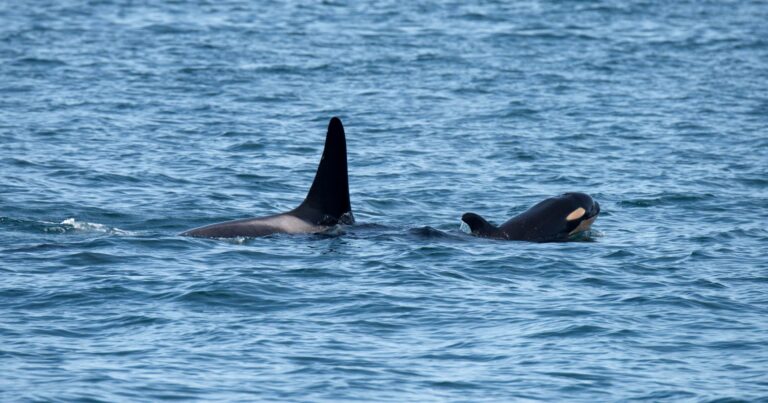
Preventing extinction requires bold action. Will the Government act before it’s too late?
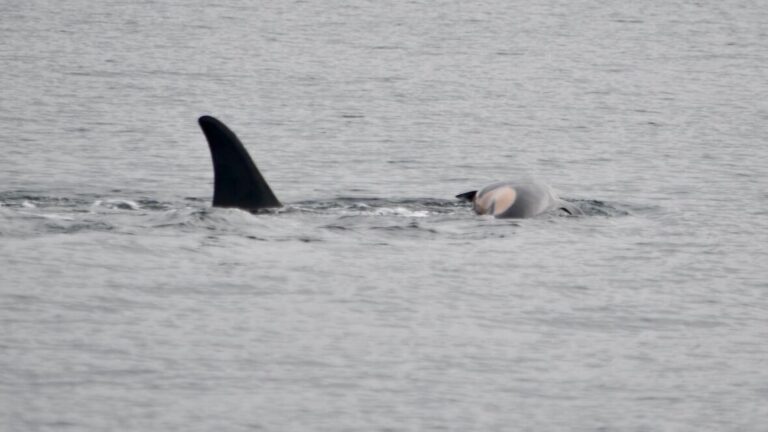
This population is on a trajectory to extinction. But trajectories can change. There is still time.

Help us communicate the urgency of an emergency order to protect Southern Resident killer whales under section 80 of the Species at Risk Act (SARA).
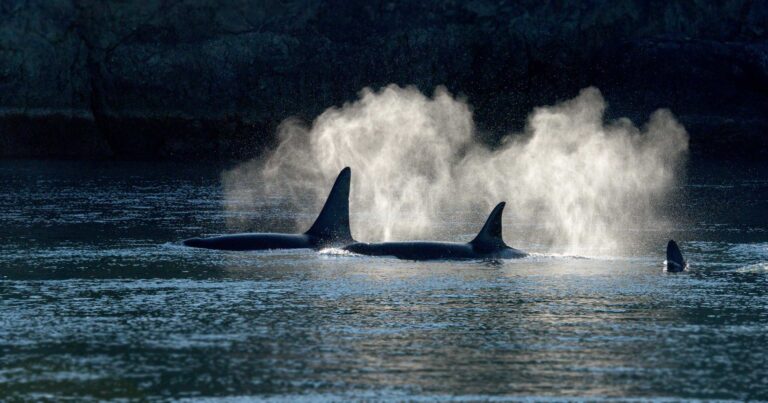
Hosting listening stations comes with trials and tribulations.

Filled with warmth, camaraderie, and engaging conversations, the Ocean Awards was an inspiring celebration of science excellence and conservation achievement.
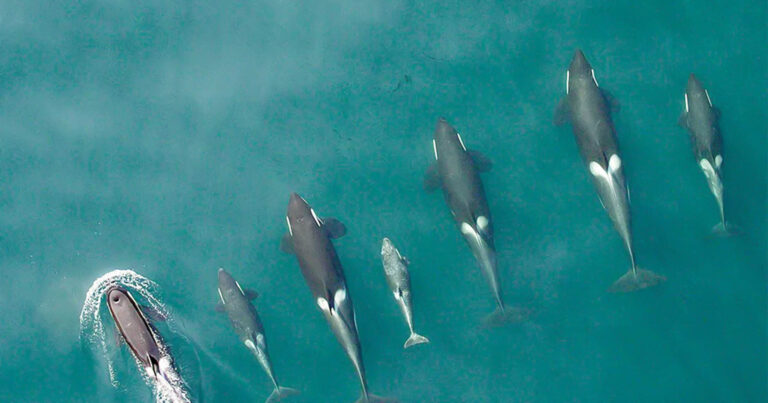
Southern Residents are vital to the health of entire ecosystems.
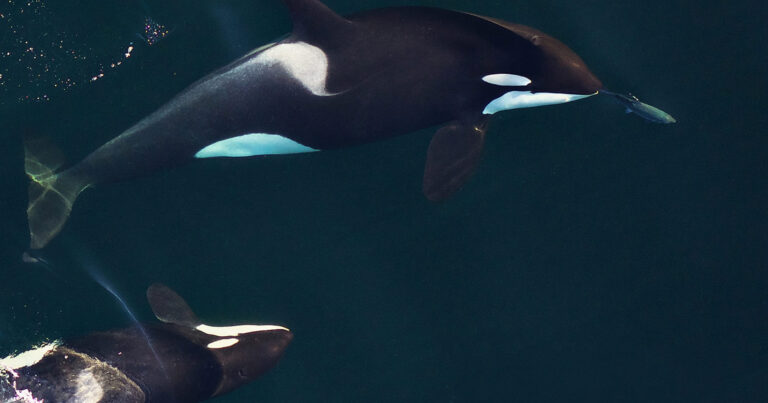
As the saying goes, everyone is entitled to their own opinion, but not their own facts.

Why Canada’s draft Ocean Noise Strategy misses the mark.

Southern Resident killer whales need protective orders to facilitate recovery.
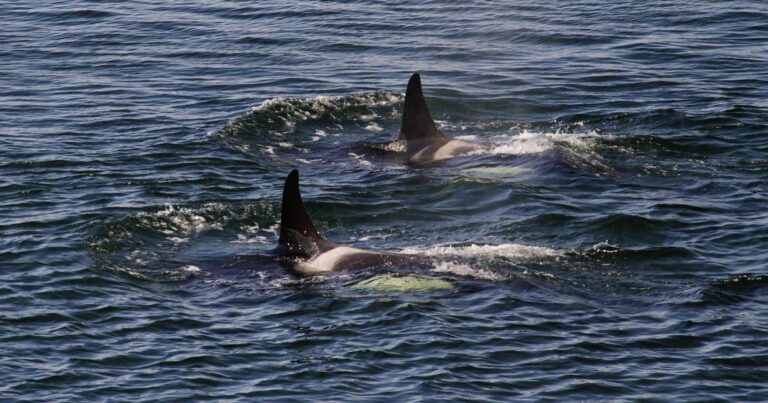
Raincoast scientists comment on the opening of the Trans Mountain pipeline.